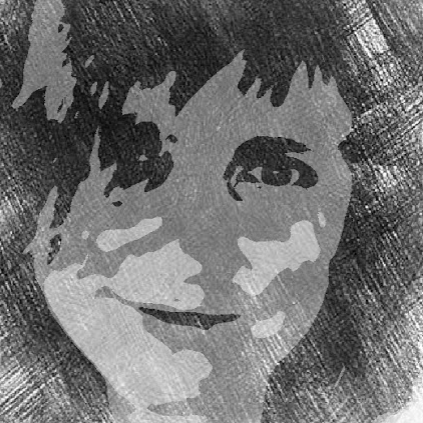
Even before entrepreneur Patrick Coulier could figure out how he would deal with the lockdown that started in the second week of March in Belgium, the start-up rescue team of EIT InnoEnergy had already called him. Coulier says that they told him what he could do to cope with the sudden downturn and what he had to watch out for. They also told him that they had been given the opportunity to invest additional money from the European Investment Bank to help start-ups through the COVID-19 crisis.
That option came at just the right time. Coulier’s company, eCloud Company, was and is in the process of bringing their product to the market. That product is an adapter that electric car drivers can click onto the socket of their car if they want to charge at an electrical outlet of anyone who happens to be connected to the eCloud Company platform. This could be anyone with an ordinary electrical socket in or near their home. The platform sends the invoice to the owner of the electrical outlet. That person then earns a couple of tenners every time someone charges their e-car at their home. “As such we are the Airbnb of energy,” Coulier jokes, “because any private individual can become an energy supplier this way. “The idea is to have a huge network of charging points for electric cars without the government having to build any of that.”
Motor show in Brussels
“The plan was to launch the product in November. But we have now decided to do it in January 2021 at the Brussels Motor Show,” Coulier states. “Right now, the market for the sale and lease of electric cars has come to a halt.”
On top of that, extra money was needed to finish eCloud Company’s product. Coulier wanted to attract new investors for that reason. “Which would have been incredibly difficult if EIT InnoEnergy had not invested more money. Because they had done that back then, we were able to attract another investor. These things tend to work in such a way that if you already have an investor for the product development of your company, others are more willing to put money into it.”
We will never know for sure what would have happened if EIT InnoEnergy had not helped out. But Coulier acknowledges that the risk of delays would have been considerable. “That money was needed to pay the product developer – the Flemish company Imec in Leuven and Taiwan – for the final phase of the product.”
New money helps mitigate delays
If no new funding had been raised, this would probably have led to longer delays. And you never know if in the meantime a competitor is not developing an alternative that would make eCloud Company’s product obsolete by the time it could enter the market.
There have been no layoffs as eCloud Company has no employees. “I’m doing this together with my brother,” says Coulier. However, the cost of product development in Taiwan has gone up. “Many factories in China are shut down. Demand is outstripping supply. That invariably leads to higher prices. But we had factored that into our budget. We have now been forced to capitulate on that.” As a result, their buffer is smaller than it was before the corona crisis.
Basically, the business strategy of eCloud Company has not changed, says Coulier. “There are two potential scenarios. Or the sale of electric cars will level off. Or the sales of electric cars will continue to increase. You don’t know which way it’s going to go.”
Benelux, Germany and France in 2021
People work more often at home, Coulier contends. The economy, which has come to a standstill, has made the air all over the world cleaner than it was before. People are probably more aware of the climate than they were before the corona crisis. They use the car less often than before and expect that they can drive around in an electric car because they no longer need to take the car out as often and it is cleaner than a petrol-driven car.
In that case, Coulier can count on a growing market for his product, an adapter that allows you to charge your car in any power outlet connected to the eCloud Company network. But it could also turn out differently. Imagine that growth is stalling because the economy is in a state of disarray, then it could take some time before the demand for the eCloud Company adapter skyrockets.
Current strategy
The current strategy is to introduce the adapter in the Benelux, Germany, and France in 2021. While in Spain and Italy in 2022. The world will look a little different at that time. Perhaps people will be better prepared to use an electric car then. “They created quick charging terminals because people thought you would treat an electric car the same as a petrol-driven car. But that’s not true. You adapt your behavior to your car,” says Coulier. “With a petrol-driven car, you fill it up when the tank is empty and then you fill it up all the way. With an electric car, you have to wait hours before the battery is fully charged when you use a regular power outlet. But if you spend a few hours or days somewhere, it makes no difference. Then you charge your car while it’s stationary and you aren’t using it anyway.”

